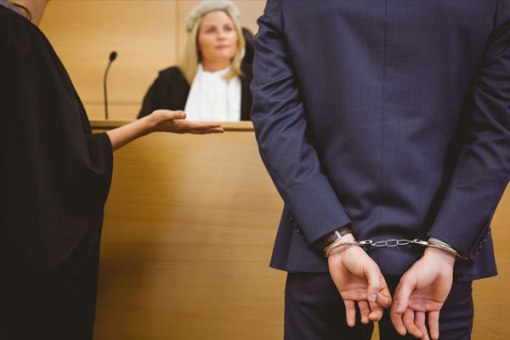When you are on trial, your defense will likely depend on the specifics of the crime you are accused of. There are times when your use of defenses is limited. As your criminal lawyer begins to make your case, they work on a plan of defense. Each defense will be specific and unique to the individual.
For example, the type of personality that you have, your background, how you answer the questions asked, and things like your socioeconomic status may all come into play when your defense attorney is forming an argument for your defense.
It isn’t that a criminal defense lawyer changes the truth or the facts involved in a criminal case. It is just that they look at each defendant with the perspective of how to best provide a defense for their particular actions.
Without making things up, there may be mitigating circumstances to either explain why someone committed a crime, or they might not be liable for their crime due to reasons outside their control. That is why the more honest a defendant is about their circumstances, the events of a crime, and all the specifics involved, the more it will help the defense lawyer to build the best defense possible to avoid prosecution.
There are always varying versions of the facts of any case that is up for prosecution. If a defendant is on trial for murder, there will likely be many stories that will be presented to the jury. One side might present the murder as a premeditated version, and another as an act of passion or unintentional.
There are many ways to “spin” both, a prosecution and defense. Finding the best angle is the job of both the prosecution and the defense lawyer. How a case plays out in court can make it possible for someone to get the maximum time allowed or be allowed to walk away.
The truth
Every situation can be looked at from various perspectives. A defense attorney can consciously put the truth into a different light, making their client look like the victim, while the prosecution can use the same factual events of the same story to make them look like the villain.
A defense lawyer can spin the events of a story through eliciting sympathy from the jury and proving that their defendant was nothing more than an innocent bystander, or even by stating that they were forced to commit a crime against their will.
The most important part of using “truth” as a defense is that you actually tell the truth. There must not be any variation of the facts in the case, or it will make the jury suspect the honesty of not only the defense lawyer but the defendant. If a defense lawyer uses the truth to sway the jury, they must ensure that there are no discrepancies in their version of the story or their story’s details.
Admissions and denials of guilt
When a defendant is telling the events of a story, there are only three ways that they can tell their side. They are:
Deny guilt – The defendant can deny that the allegations of the prosecution are true. The best way to use denial is if you have an alibi that proves that you couldn’t have committed a crime. Otherwise, it will remain the defendant versus the prosecution’s version of the truth.
I did it – A confession is another way that a defendant can approach a prosecution. They can confess to their crime and hope that the jury will find leniency.
I did it, but… – The confession with an explanation is the third type of story that a defendant can tell about the crime. It is somewhere between a denial and a confession. Although admitting they committed the crime, the story is told that they weren’t really liable, even if they did do it.
The best way to build a defense for any defendant is to use the facts of a case without any discrepancies. Even if a defendant is guilty, it is much better to tell the truth and hope for the best than to try to lie and get caught. Spinning your version of the truth is legal, as long as it is still the truth.
